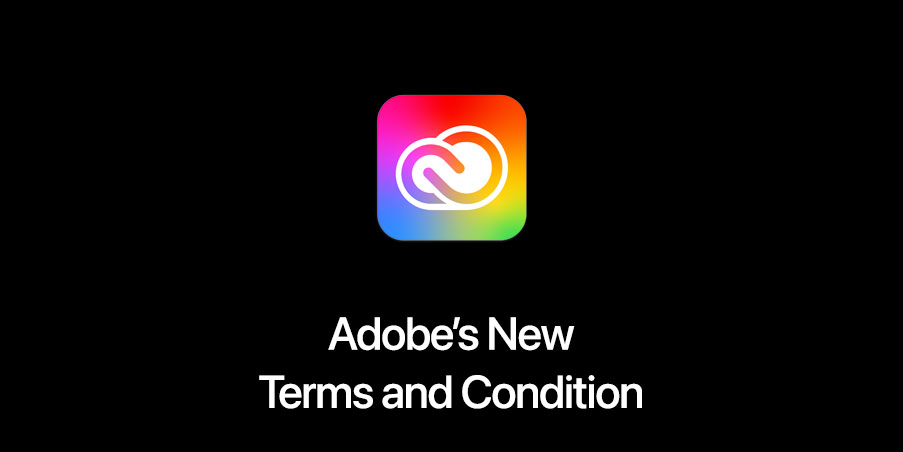Adobe’s recent update to its Terms and Conditions has sent shockwaves through the digital community. The changes, which went into effect on November 13, have sparked controversy and raised concerns among users of Adobe’s popular Creative Cloud software.
At the heart of the issue is a clause that grants Adobe perpetual ownership of all intellectual property created using its tools. In other words, Adobe claims the right to use, modify, and distribute any creative work produced with their software without requiring permission or compensation from the original creator. This means that if you design a logo for a client using Photoshop, for example, Adobe can theoretically use that logo in whatever way they see fit, including selling it to another company.
This move has sparked outrage among artists, designers, and developers who rely on Adobe’s software to create their work. Many argue that the new terms undermine the very purpose of creativity: to bring value and meaning to others through one’s unique perspective and skills. By claiming ownership over every piece of creative output, Adobe is essentially commodifying artistry, reducing it to mere intellectual property.
Moreover, this move raises questions about data privacy and security. Adobe will have access to all the files created using their software, which could potentially include sensitive or confidential information.
This has led some to speculate that Adobe may be planning to use this data for targeted advertising or other purposes, further eroding trust between the company and its users.
While Adobe maintains that these changes are necessary to maintain the integrity of their platform and protect their intellectual property, many see it as a power grab by the corporation. In an era where creative freedom is already under threat from copyright laws and social media algorithms, this move feels like a step backward for artistic expression and individual rights.
In conclusion, Adobe’s new Terms and Conditions are a cause for concern among users of their Creative Cloud software. The company’s claim to perpetual ownership over all intellectual property created using their tools raises questions about data privacy, creative freedom, and the very essence of artistry itself. As the debate rages on, it is clear that Adobe must reconsider its approach to ensure that its users feel valued, respected, and empowered to create without fear of exploitation or censorship.

